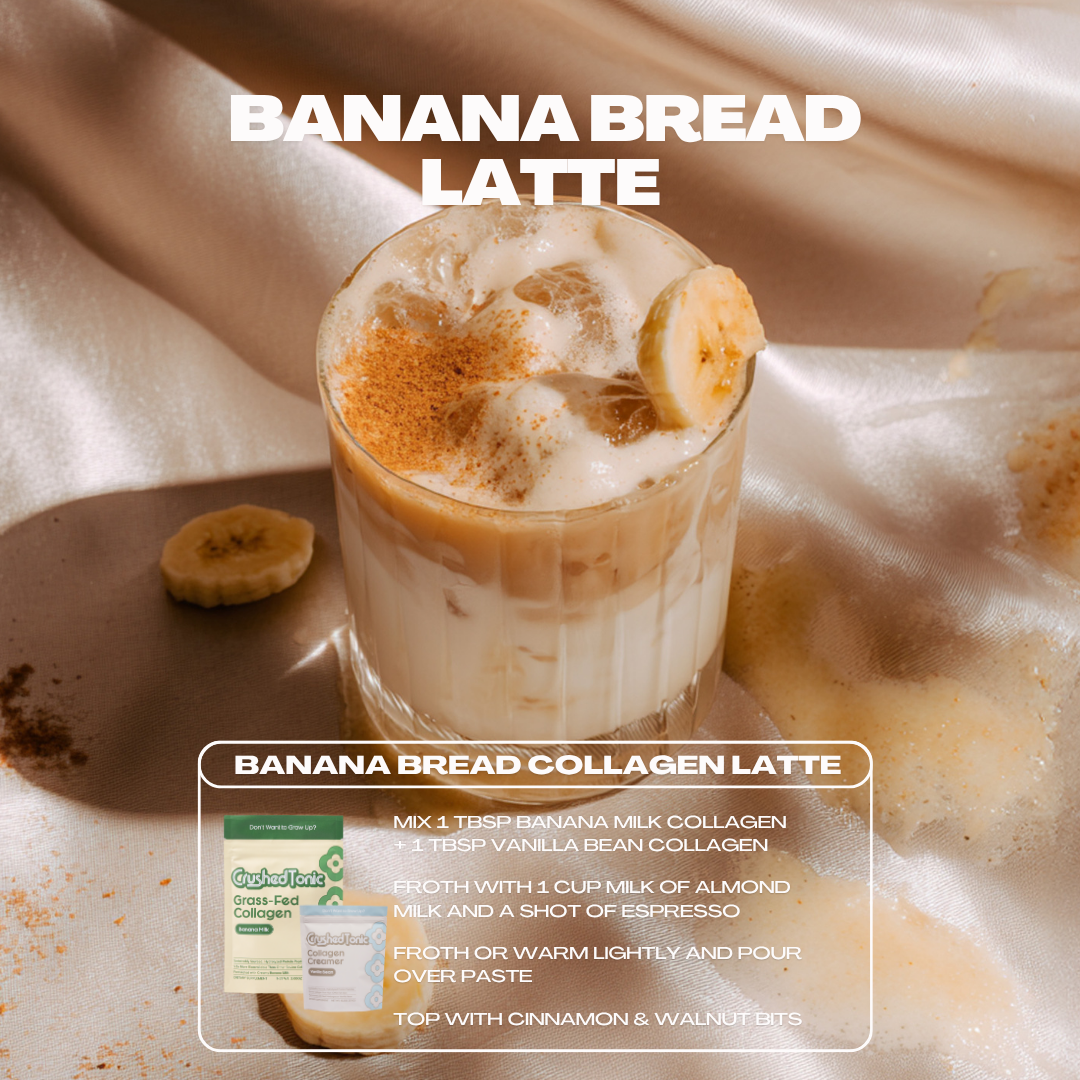

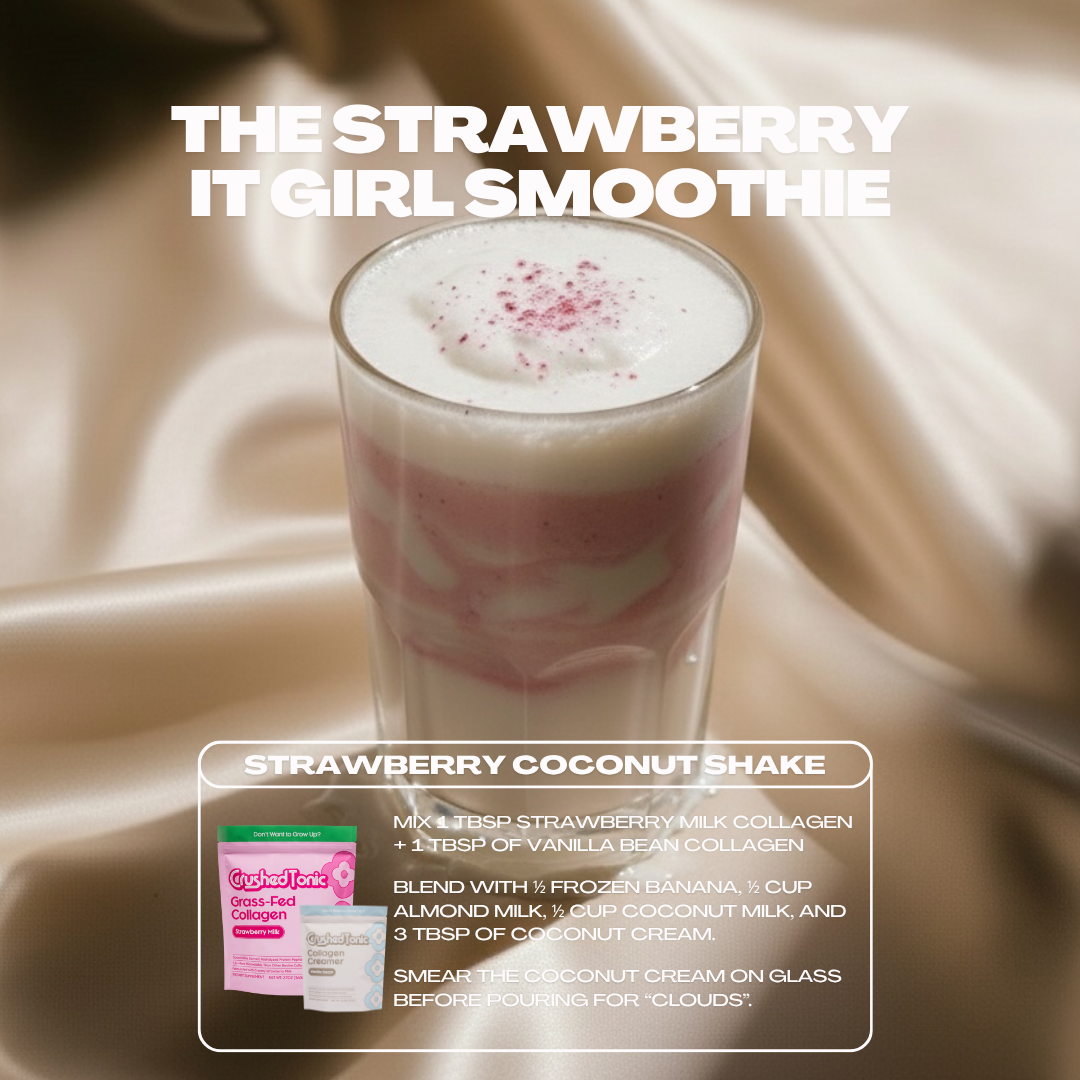
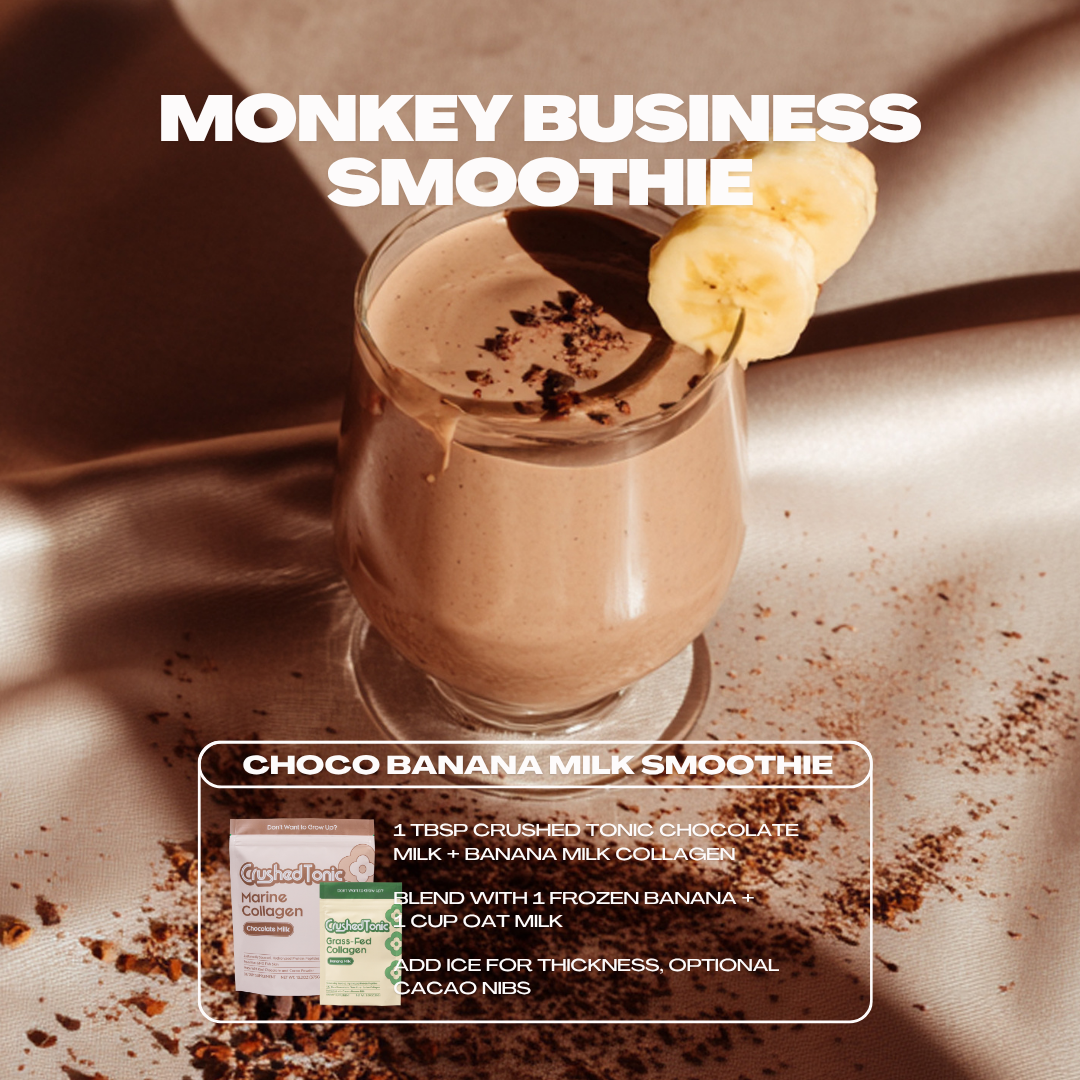
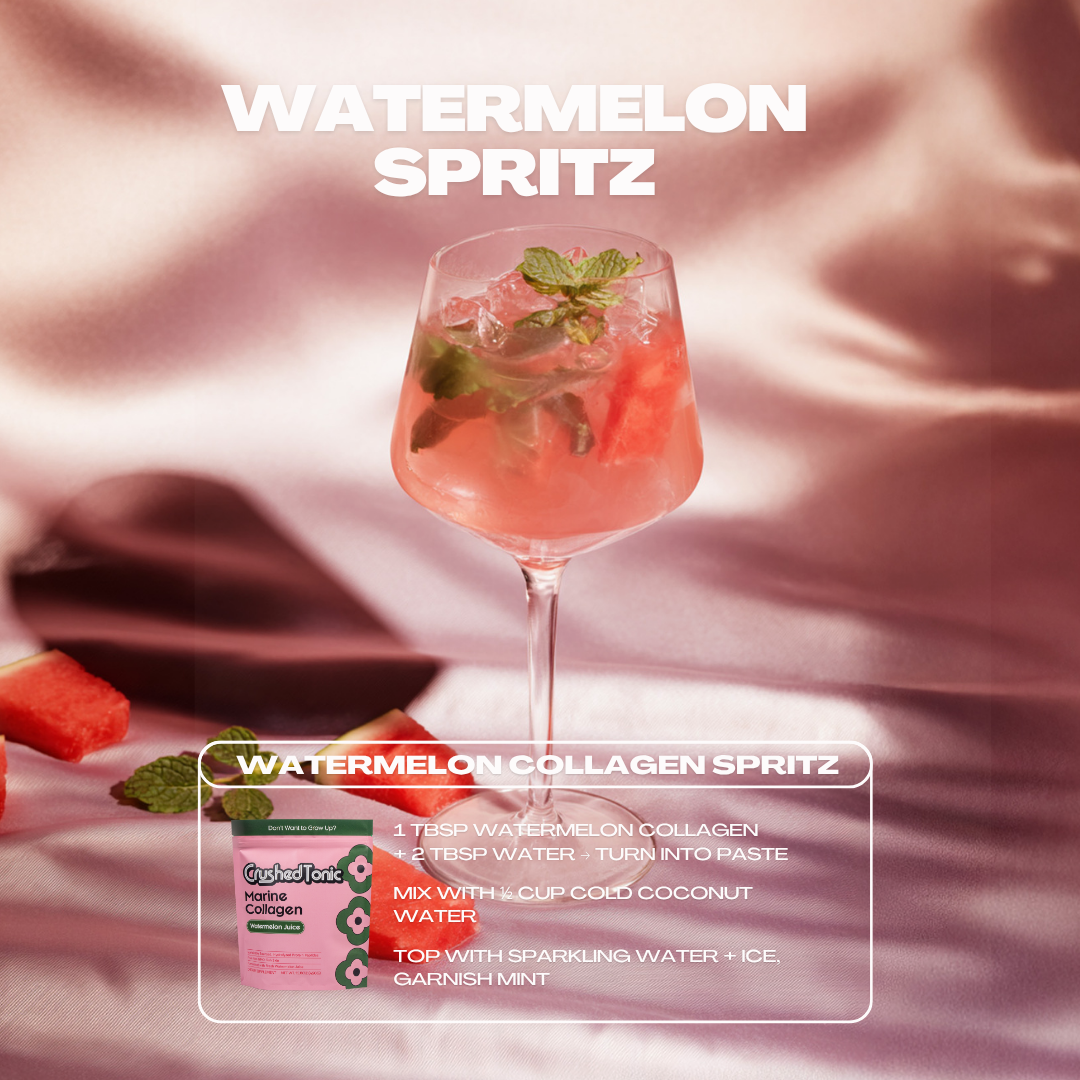
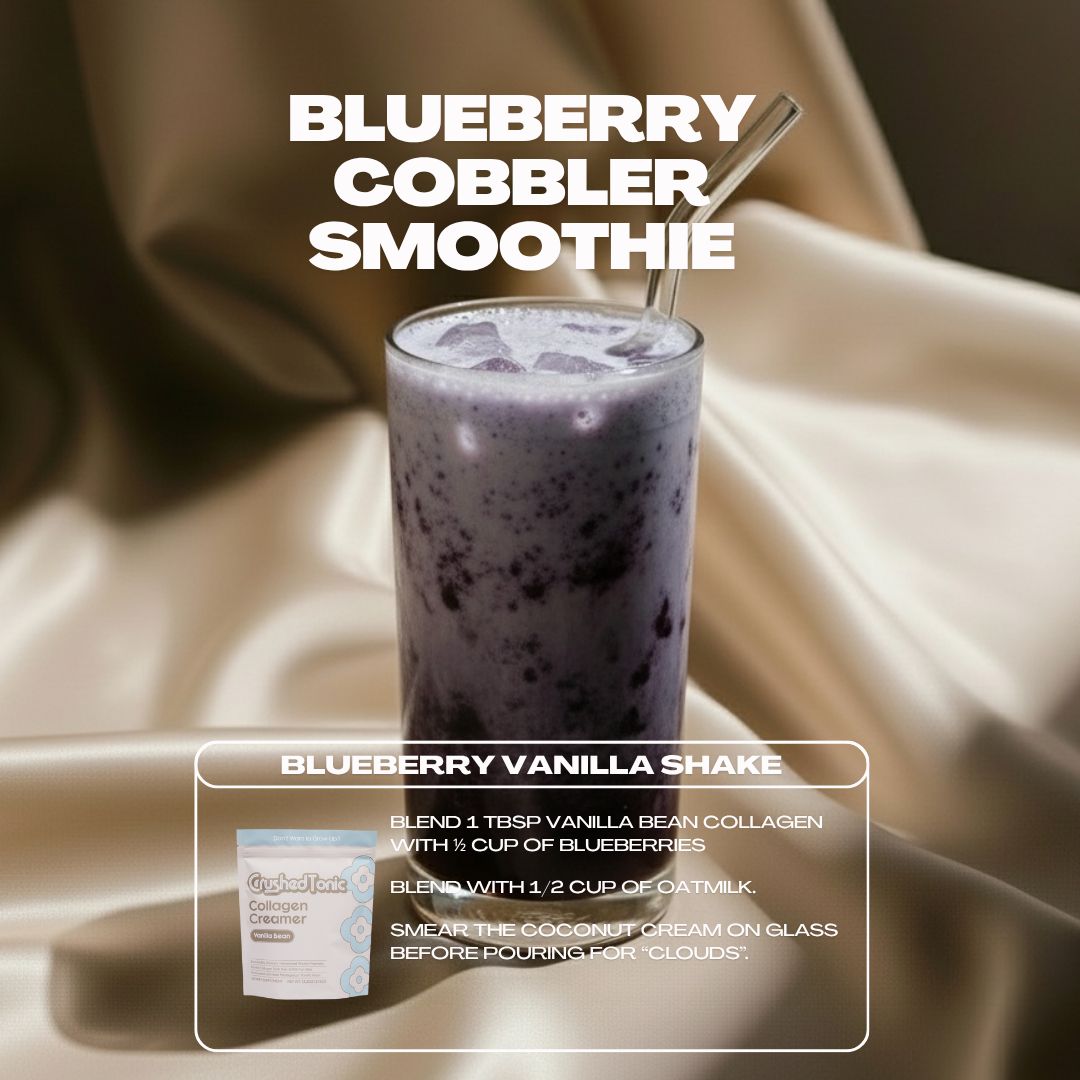






Everything I needed to know about skincare, I learned from my grandmother-- and she definitely did not practice the 10-step regimen.
But the 7 traditions she DID pass down to me, are:
This may be the most important rule of all. If you go number one often, it means you’re well-hydrated. And that’s what your skin needs to look dewy, and hydrated. Hydration!
If you go number two often, it means you’re excreting the toxins out of your system. And these toxins are what cause your skin those problems, it makes sense why their exit would be so beneficial for the health of our skin.
This is another rule to drive in the first one. The liver is crucial in producing amino acids, these healing agents that the body needs to generate skin tissue, muscles, bones and hair, as well as collagen.
Koreans often lack the enzyme to break down alcohol: essentially, what that means, is that alcohol is possibly poisonous to many of us (up to 44% of Koreans are born without this enzyme). Due to this, many Koreans rarely drink; I probably have less than a cocktail a week.
Adaptogens are botanicals (roots, herbs, even fruits) that bring your body back to its homeostasis, before things like stress, fatigue and pressure started weighing us down. And I can’t speak for everyone, but whenever I feel even a little bit off, I feel my skin reflecting that same sentiment. In these moments, I turn to tea, and a lot of it.
Growing up, I only drank barley tea, and only filtered water. It was unheard of, to drink from the tap (especially in Seoul), so our fridge was always filled with pints and pints of cold barley tea.
My grandmother took the “overfeed your grandchildren” to a new level (not complaining), and it was one of her biggest signs of affection when, after taking the bones out of the fish, she would chopstick over a chunk of the grilled fish on to my bowl of piping hot rice, instead of eating it herself (In Korea, since everyone knows all of the "good stuff," aka the collagen, is in the fish of the skin, it was quite the symbol of love when she would give it away.)
Also fun fact: looking back, this is one of the funniest things my Korean school did: every day at 3PM, parent volunteers would come in to our class, and hand out 3 big pieces of anchovies for us to eat, so the collagen in it can help our bones stronger and help us grow.
Every Korean meal is accompanied with a bowl of hot soup, with bone broth as the base (chicken / beef / fish). There’s so much collagen in those soups, that after you’re finished with it, your lips are sticky (something you’ll witness as well, after a glass of collagen elixies).
At the end of every meal, Koreans eat apples, tangerines, Korean pears, and watermelon, for dessert. We rarely eat cookies, bread or cakes-- I never knew what a chocolate chip cookie or a peanut butter jelly sandwich was, until I moved to California at the age of ten.
Very once in a while, Koreans indulge in bread, usually in the form of a small pastry.
My grandmother didn’t ever push the ten-step regimen at me or any of my siblings, growing up. But what she did strictly enforce, is the seh-su. She always told me, “think of all of the dirt and residue that is sitting on your skin after a day in this polluted city. Do you want to all those dirt bugs in your pillowcase?” (I may never go to sleep peacefully again, but this is probably my most effective reminder.)
Read more on founder's skincare secrets here.
Your cart is currently empty.